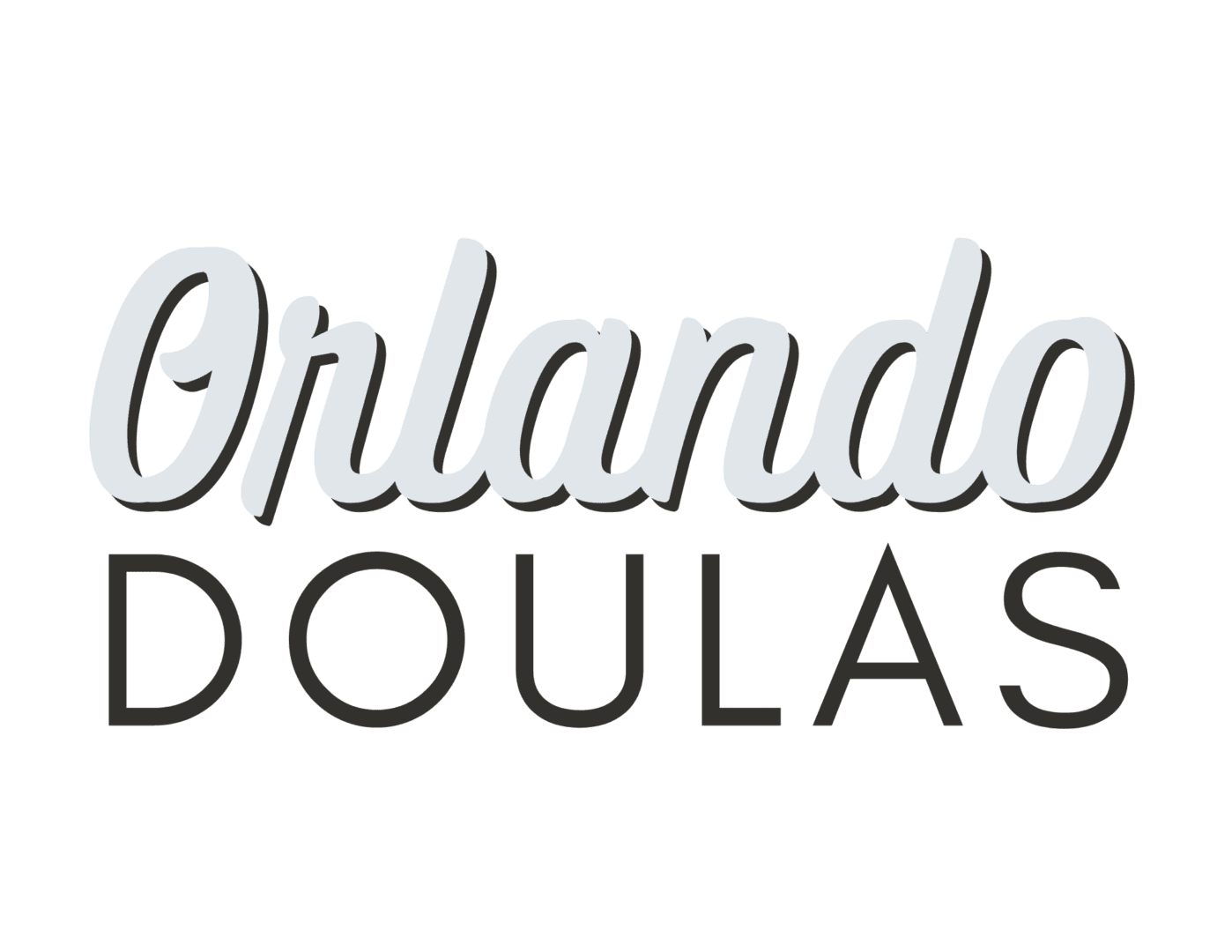
By Donna Delaney
The word POSTPARTUM seems to have become synonymous with Postpartum Depression. But by definition postpartum is simply the time following childbirth
A Time to Heal
The postpartum period can last for months after childbirth, after all your body spent the better part of a year growing an entire human. Expecting to return to the pre-pregnancy you in days or even weeks is unrealistic. And yet that is exactly what many of us expect.
The postpartum period is divided into three phases that are continuous.
- The first, the acute stage, is the first 6-12 hours after your birth.
- The next 6-8 weeks are known as the sub-acute phase and is what most people think of as the postpartum healing time. During this phase hormone fluctuations are INTENSE and according to Johns Hopkins Medicine up to 85% of people will experience some sort of “baby blues;” feelings of joy and excitement one minute, and overwhelmed and crying the next are not unusual AT ALL.
- The last phase is the delayed postpartum phase and can take up to 6 months or longer for the gradual return to pre-pregnant physiology.
Understanding that your healing is likely to take months, not weeks, helps relieve some of the pressure of returning to feeling like yourself again so quickly.

Getting proper rest and nutrition are important to your recuperation, but during the early days home with a new baby there is little time for either.
Having a good support system is crucial for optimal well-being during these weeks and months.
A postpartum doula is just the support many people need during this transition.
By providing nurturing care to the new parent and helping to calm those early fears and anxieties, your doula can foster an environment conducive to healing, allowing you to get more rest and begin to feel more like yourself again. According to some research, a postpartum doula could make a difference getting through the baby blues and and may lower the incidence of developing Postpartum Depression or as more accurately termed, Postpartum Mood and Anxiety Disorder.

A Time To Seek Help
As many as 1 in 5 birthing people will go beyond postpartum blues to a Postpartum Mood and Anxiety Disorder or PMAD, a more serious, but highly treatable condition. This is a spectrum disorder presenting as, Anxiety, Depression, PTSD, OCD, Bi-Polar Mood Disorder, and Psychosis. A person may experience one or more of these when going through PMAD.
Following birth if symptoms last longer than a few weeks you may need to seek medical advice and treatment. *(It is important to note that these symptoms can also begin during pregnancy for some people.)* These symptoms may include:
- anxiety
- sadness
- anger/irritability
- difficulty sleeping
- intrusive thoughts
There is not much research on preventing Postpartum Mood and Anxiety Disorder, but some recent studies have shown that proper sleep may be a key component in prevention.
At Orlando Doulas LLC, we can help support healthy sleep for you and your baby. Contact us for more information.

How Can We Help?
Bringing home a new baby is a magical time filled with love, joy and exciting new milestones. It can also be filled with many ups and downs, and bumps along the road. Having a plan and a support system is critical to maximizing the joy and easing those bumps.
You are not Alone! We are here. If you have a need, we want to help you find the solution.
Resource Links
1. Journal Of Prenatal Medicine/Postpartum period: three distinct but continuous phases
https://www.ncbi.nlm.nih.gov/pmc/articles/PMC3279173/
2. Johns Hopkins Medicine/Postpartum Mood Disorders: What New Moms Need to Know
3.wbur CommonHealth/Best Kept Secret For Postpartum Depression? Help At Home
https://www.wbur.org/commonhealth/2014/06/20/best-kept-secret-for-postpartum-depression-help-at-home
